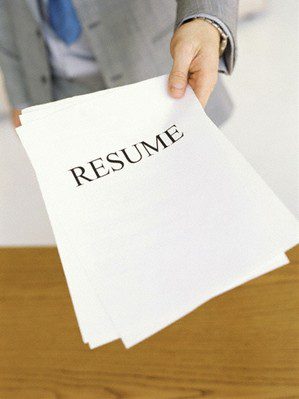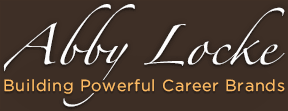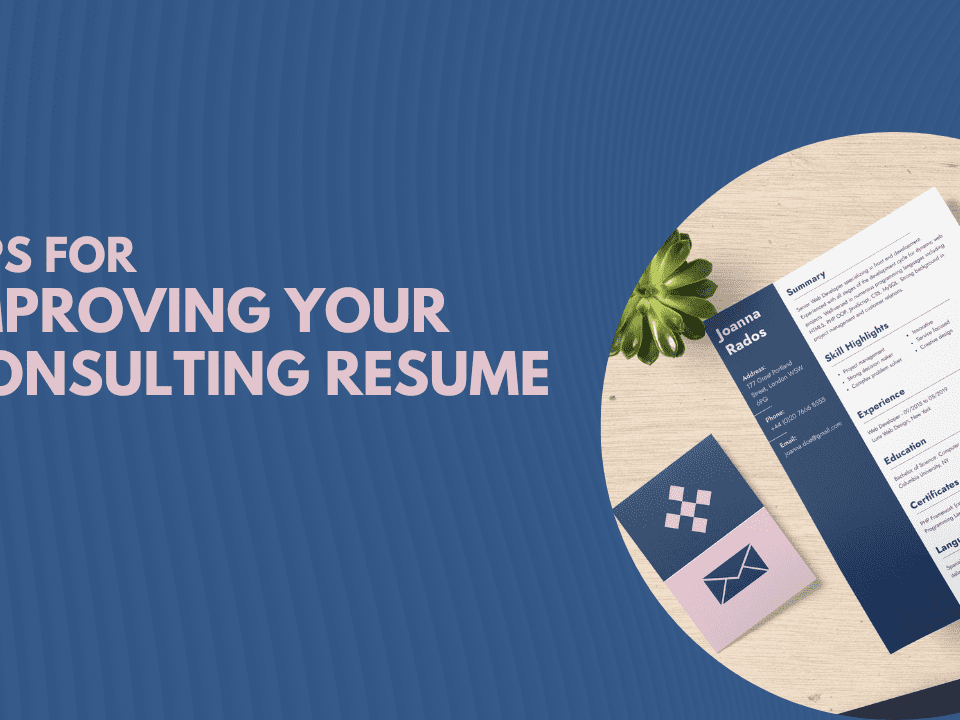
Are you frustrated with your job search?
I mean, really over it.
You’re doing everything you know to break into a new career or land a new job, and nothing is happening.
Sure, LinkedIn, Twitter, and even Facebook can give your networking efforts a real boost, but a successful job search starts with a successful resume.
Picture this for a moment.
You are the right fit for the job, and you need to let employers and recruiters get the same impression.
Your resume is your career story to share with others.
It’s not just a document; it’s a narrative of who you are, what you’ve done, and what you can bring to the table.
The Executive Resume: Your Career Marketing Document
Your executive resume is more than a list of jobs and responsibilities.
It’s a career marketing document. It’s both strategic and informational.
Your resume should tell an exciting, compelling, and concise story about your career and related achievements. It’s the first step in selling yourself, in self-promotion.
This journey starts with the resume and continues through networking, interviewing, and negotiating.
BAD NEWS: If your resume is heavy on job tasks but light on “wow” achievements, you are getting nowhere.
GOOD NEWS: If your resume answers these questions, you are off to a great start:
1. What assets (skills, expertise, knowledge) can you offer employers?
2. Why should you be picked above other qualified candidates?
3. Have you earned special recognition awards or accolades for outstanding work?
4. Why were you recruited or promoted for each of the positions you held?
5. What specific challenge, business problem, or market issue have you consistently solved?
6. What are your top three accomplishments for each position?
7. How have companies benefitted from having you as an employee?
8. What recommendations or solutions did you make that your company adopted?
9. What were the biggest business hurdles you overcame at each position?
The Career Story You Tell
Your resume should cover the WHO, WHAT, WHERE, WHEN, and WHY of your career journey.
This isn’t just about filling in blanks; it’s about crafting a narrative that resonates.
Employers don’t just want to know what you did; they want to understand the impact you made.
They want to see your journey, your growth, your challenges, and your triumphs.
Think of your resume as a movie trailer for your career.
It should be engaging, concise, and leave the viewer wanting more.
Your resume should make employers think, “I need to know more about this person.” It’s about creating intrigue and showcasing your unique value.
Strategic, Not Just Pretty
Make sure that your executive resume is strategic, not just pretty.
A well-designed resume is great, but if it doesn’t tell the right story, it’s useless.
Your resume needs to align with your target company’s expectations and highlight why you are the perfect fit for the job. It’s about positioning yourself in the best possible light.
Your resume should highlight your key achievements, the challenges you’ve overcome, and the value you’ve added to each role.
It’s not just about what you did but how you did it and the results you achieved.
The Power of Impact
Your resume is your opportunity to showcase your impact.
It’s your chance to tell employers how you’ve made a difference.
Highlight your key accomplishments, the problems you’ve solved, and the results you’ve delivered.
Show them why you are the solution to their problems.
Remember, your resume is just the beginning.
It’s the start of a conversation. It’s your ticket to getting in the door, but it’s your story, your narrative, that will keep you in the room.
What’s Next?
So, what have you done for your personal brand today?
How are you crafting your story?
Are you actively shaping your narrative, or are you letting it shape itself by default?
Your resume is a powerful tool, but it’s up to you to wield it effectively.
Your executive resume is more than just a document.
It’s your career story. It’s your chance to showcase your value, your impact, and your unique journey. Make it count.



